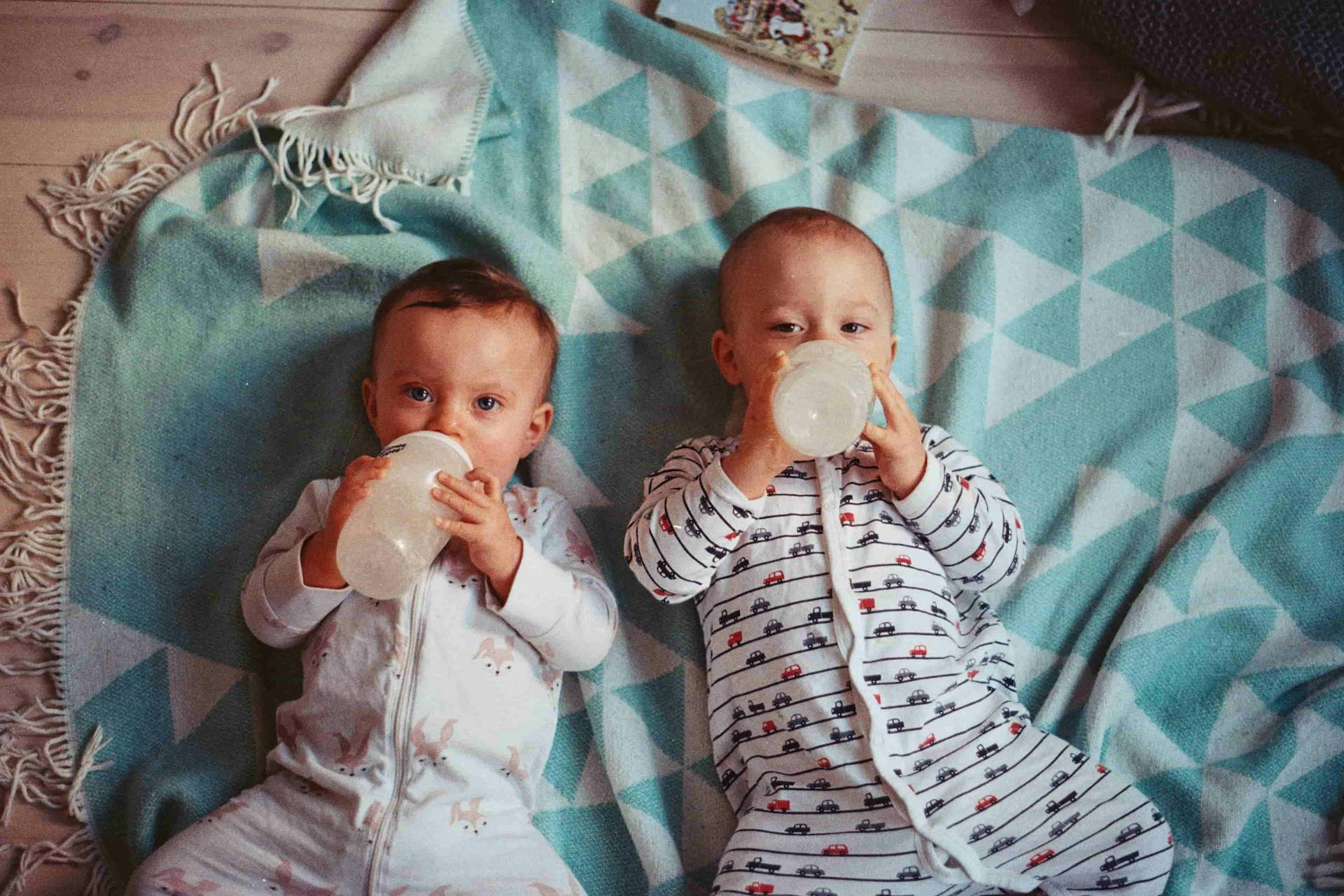Research Reveals Having a Second Child Worsens Parental Stress and Mental Health
updated on Dec 18, 2018

According to researchers from the University of Melbourne, having a second child adds significant time pressure and stress for both parents, with mothers mental health sharply declining
For many couples, having a child is a natural progression of their relationship with many focusing on the positives children can bring (laughter, love, and joy) over the added stress, sleepless nights, and countless new responsibilities. The decision to have subsequent children can stem from many reasons, from wanting their firstborn to have easy companionship from an early age, to dreams of a bigger family, and any number of reasons in between.
It can be easy to overlook the balancing act that can come from adding a second child. Rather than just increasing the amount of time and attention needed, additional factors like sibling dynamics can be overlooked when making the decision to expand a family.
According to new research published in the Journal of Marriage and Family, having a second child increases the time pressures felt by both parents, as well as deteriorating their mental health. Researchers Leah Ruppanner, Francisco Perales, and Janeen Baxter, from the Universtiy of Melbourne released the findings of their study into the effects of having a first and second child has on Australian parents time pressure and mental health.
Using data from the Household, Income, and Labour Dynamics in Australia Survey, following around 20,000 Australians for up to 16 years, the study looked at what happened to parents’ time pressure and mental health when their first child was born, began growing up, and when their second child was born. The study aimed to see if these pressures decreased as children grew older, slept better, and became more independent, as well as to see what impact a second child had on each household.
Researchers revealed instead of pressures easing for parents as they applied skills learnt from bringing up their first child, handling two children piled on the parenting pressure with mothers showing a greater negative impact to their wellbeing.
While the birth of their first child introduced adults to their new role as parents and the associated expectations about allocating time to work and their family, research revealed widely traditional gender roles were still being followed. Many Australian mothers took a year of parental leave with some returning to work and others not, while fathers maintained full-time work after the birth of both children.
Figures suggest things may not be so different between Australia and the UK. New fathers are entitled to just one to two weeks paternity pay, compared to 52 weeks of maternity pay for new mothers. Statistics released by the ONS in 2017 revealed the number of stay at home dads has fallen, with just 232,000 men opting to stay at home and take on the role of stay-at-home parent with the kids (a fall from 241,000 in 2016), compared to the number of mothers assuming the role - 1.86 million.
Researchers expected the introduction of a second and subsequent children to increase the demand of the parents' role, while bringing less pressure and stress due to developed parenting skills gained from their first child. However, research revealed significant time pressure increases for both parents following the birth of their first child (with mothers showing substantially larger time pressures than fathers). The birth of their second child doubled time pressure for both parents, further widening the gap between mothers and fathers. As children grew, improved skills and entered school, time pressures still lingered rather than diminishing.
In an article for The Conversation, the researchers explained:
“Mothers’ mental health improves with first children immediately following birth and remains steady over the next few years. But, with the second child, mothers’ mental health sharply declines and remains low.
“[The] second children intensify mothers’ feelings of time pressure. We showed that if mothers did not have such intense time pressures following second children, their mental health would actually improve with motherhood.
“Fathers get a mental health boost with their first child, but also see their mental health decline with the second child. But, unlike mothers, fathers’ mental health plateaus over time. Clearly, fathers aren’t facing the same chronic time pressure as mothers over the long-term.”
As mothers are widely still expected to assume childcare responsibilities at home, it is thought to be a contributing factor as to why they experience higher levels of stress than fathers. Researchers expressed hope that these findings may be able to shine a light on the issues surrounding motherhood and mental health.
Amongst their suggestions, researchers highlighted the need for institutions to share in the care of children through flexible working policies for all new parents as well as school programs and support. In many ways, it really can be seen as going back to the old adage: it takes a village to raise a child.
If you are struggling with your mental health and need to talk, professional support may help. Use the bar below to enter your location and find a counsellor in your area:

